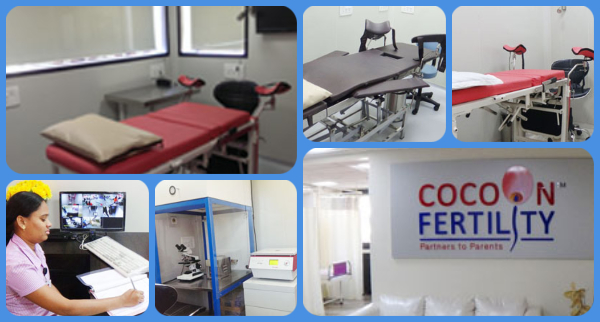What Is IVF?
When a couple conceives naturally, sperm from the man fertilizes an egg from the woman in the woman’s fallopian tubes to form an embryo. This embryo travels to the womb and gets implanted there and pregnancy begins.
In IVF, this process of fertilization happens outside the woman’s body.
IVF was successfully performed for the first time by Dr Patrick Steptoe and Robert Edwards, which led to the birth of Louise Browne in 1978.

Who Can Benefit From IVF Treatment?
It was primarily introduced for women with damaged tubes. But now it is the first line treatment for many conditions like
- unexplained infertility
- Blocked fallopian tubes
- Polycystic ovaries
- Endometriosis and pelvic adhesion
- Failed IUI’s and fertility medication
- Sperm quality issues
- Donated eggs or the woman’s own frozen eggs are being used in the treatment
What Is The Success Rate Of IVF?
The chances of success with IVF depends on various factors like age of the patient, type and duration of infertility, type of procedure done – fresh or frozen embryo transfer, self or donor eggs. Our pregnancy rate is 40-45% per started cycle in women less than 35 years. About 85-90% of our patients conceive within three cycles. We will be able to discuss your chances of success after a proper evaluation. Against all odds, we do our best to ensure that you experience parenthood.
What Preparation Is Needed Before IVF Is Started?
We first evaluate the basic fertility status of each couple. This includes hormonal blood tests, ultrasonography, semen parameters and other routine blood test to check your physical fitness. This helps us select the ideal IVF protocol, which would give you the best chance of success. It could be the antagonist protocol, long protocol, short protocol or any other modified protocol. Accordingly, we shall call you to Cocoon Fertility centre on the 2nd or 3rd day of your period to start your IVF process.
What Is A Typical IVF Process?
What Precautions Should I Take After An Embryo Transfer?
- After the embryo transfer you will need to take some oral tablets, vaginal gels and injections which provide hormonal support to the early pregnancy. Once you become pregnant you might be asked to continue some of these medications until the twelfth week of pregnancy.
- After the embryo transfer, you can continue with light activities for 3 – 4 days following which you can resume your daily routine as long as it does not involve any strenuous exercise, lifting heavy weights or outdoor physical sports.
- Avoid smoking and drinking alcohol, as recommended to anybody planning a pregnancy.
- Also avoid exposure to pesticides, chemicals and X-ray.
- Before taking any other medicines, please consult your doctor.
- Eat freshly cooked, preferably homemade food.
When will I know the result of my IVF cycle?
A pregnancy test in the form of beta-HCG level is done 15 days after the embryo transfer. If the test is positive, a vaginal ultrasound scan will be performed about a week later to confirm the pregnancy. If the beta-HCG test is negative, further treatment will be planned depending on whether you have frozen embryos and other individual circumstances.


